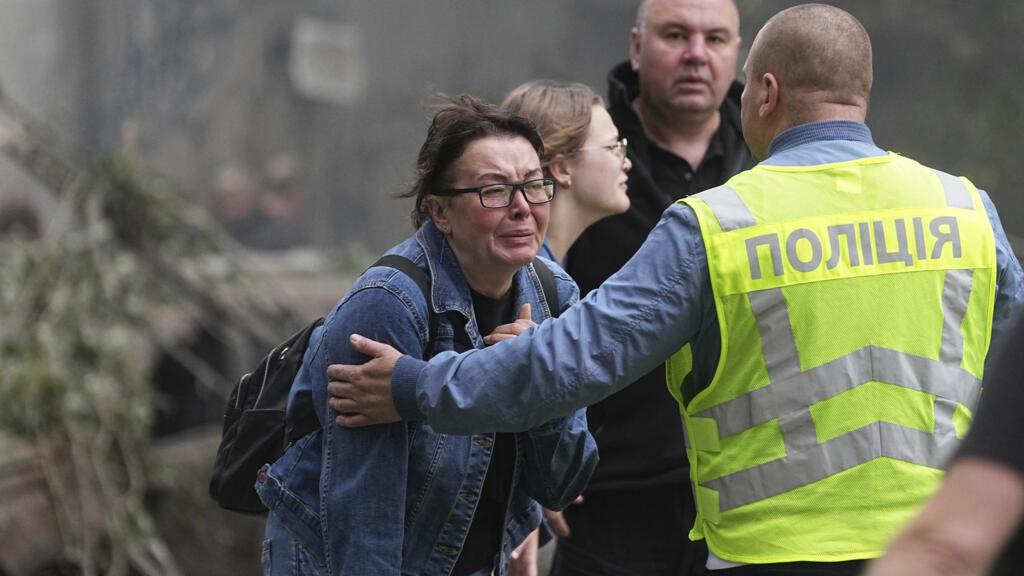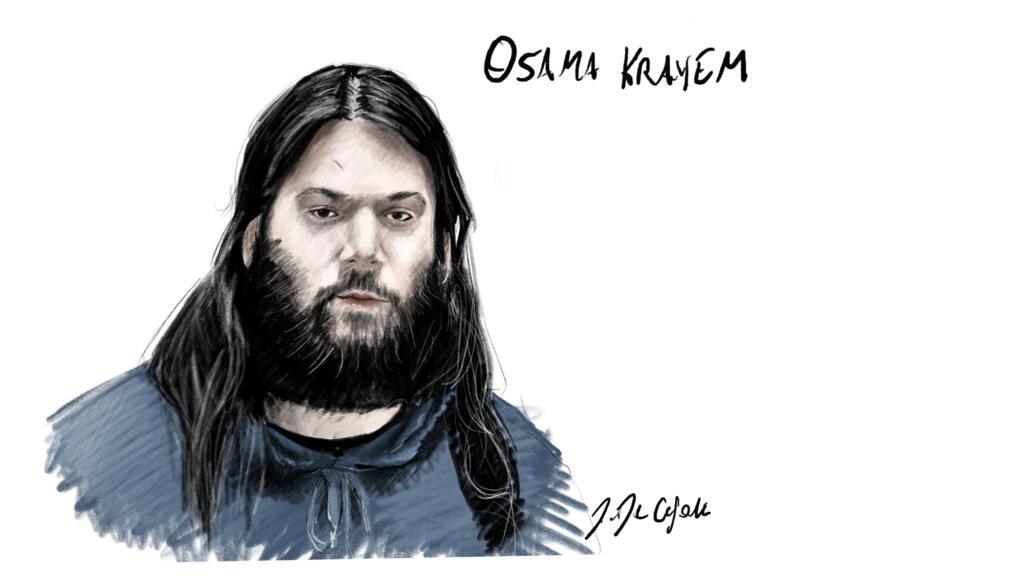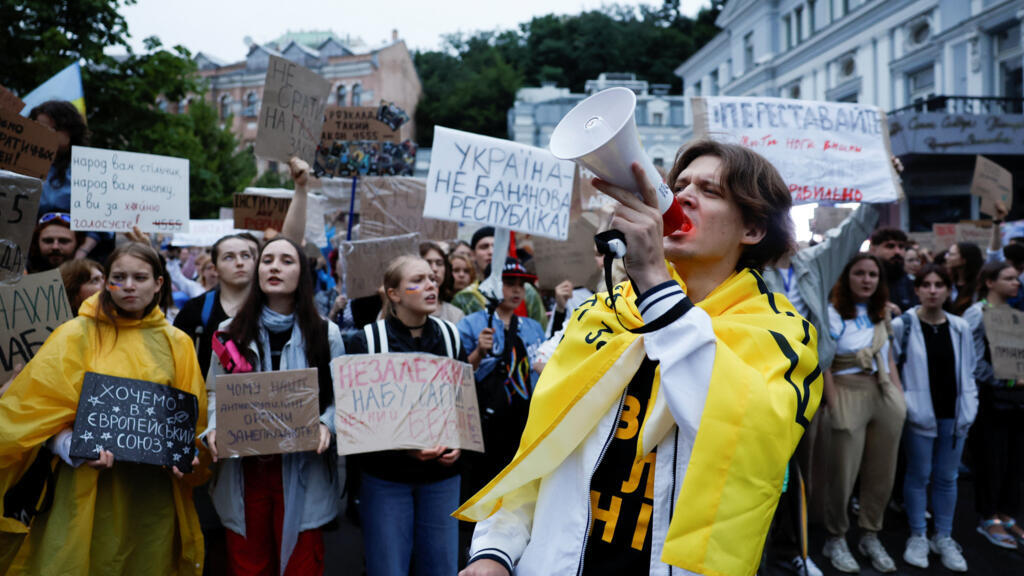Overview of Russia's Recent Missile and Drone Attacks in Ukraine
In a significant escalation of its military actions, Russia launched major missile and drone strikes targeting several Ukrainian regions, including Kyiv, Dnipro, Poltava, Sumy, and Mykolaiv on the night of Wednesday. Ukrainian authorities reported that these attacks resulted in the tragic loss of at least six lives, with 52 others wounded specifically in Kyiv. This marks one of the deadliest attacks in recent memory, as civilian infrastructure and residential areas were evidently affected.
President Volodymyr Zelensky condemned the brutal assaults, describing them as "showcase killings" that exemplify Russia's disregard for human life. In his remarks on Thursday, Zelensky emphasized that Moscow appears to have no genuine desire for peace. This situation underscores the ongoing tension and conflict between the two nations, which has persisted since the onset of hostilities in 2014.
The missile strikes were reportedly widespread, hitting multiple locations simultaneously. The capital city of Kyiv endured considerable damage, and images shared by local authorities depict the devastation wrought by the attacks. Emergency services rushed to the sites of the explosions to assist victims and extinguish fires caused by the blasts.
In addition to Kyiv, the cities of Dnipro, Poltava, Sumy, and Mykolaiv also faced heavy bombardment. Each of these regions has been pivotal in the ongoing conflict, with military and strategic importance influencing the patterns of attacks. As the situation evolves, the international community remains watchful, assessing the implications of these renewed aggressions.
This latest wave of attacks not only raises humanitarian concerns but also poses questions regarding the potential for escalating violence in the region. The repetition of such acts has prompted global leaders to call for accountability and a renewed commitment to seeking a diplomatic resolution to the ongoing conflict.
The consequences of these attacks extend beyond immediate casualties and destruction. They contribute to a growing atmosphere of fear among the Ukrainian population and put further strain on an already challenged healthcare system dealing with the influx of wounded individuals. The psychological impact on civilians, coupled with the physical toll, highlights the urgent need for humanitarian assistance and international support.
As Ukraine rallies to respond to the immediate aftermath of these assaults, the resilience of its people and the response from global allies will be critical in shaping the future of the region. The necessity for continued vigilance and advocacy for peace is paramount as the conflict remains unresolved, with no clear end in sight.












